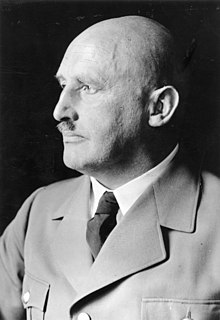A Quote by Graydon Carter
To discuss a Martin Amis book, you must first discuss the orchestrated release of a Martin Amis book. In London, which rightly prides itself on the vibrancy of its literary cottage industry, Amis is the Steve Jobs of book promoters, and his product rollouts are as carefully managed as anything Apple dreams up.
Related Quotes
The God in whose hands are all our days and ways, did cast into my hand (one day) a book of Martin Luther's ; it was his Comment on the Galatians! ... I found my condition in his experience so largely and profoundly handled, as if his book had been written out of my heart ... I do prefer this book of Martin Luther upon the Galatians, excepting the Holy Bible, before all the books that ever I have seen, as most fit for a wounded conscience.
Beware of clichés. Not just the clichés that Martin Amis is at war with. There are clichés of response as well as expression. There are clichés of observation and of thought - even of conception. Many novels, even quite a few adequately written ones, are clichés of form which conform to clichés of expectation.
I've always believed that poetry must speak of realities as least as complicated as those spoken of in prose. I've read books of poems, even single poems, which are, for me, at least the equivalent of a short story or a novel. Martin Amis, in an interview with Saul Bellow in the early eighties, quotes Bellow asking, "Why not address 'the mysterious circumstance of being', say what it's like to be alive at this time, on this planet?" This has been and still is my ambition.
You will want a book which contains not man's thoughts, but God's - not a book that may amuse you, but a book that can save you - not even a book that can instruct you, but a book on which you can venture an eternity - not only a book which can give relief to your spirit, but redemption to your soul - a book which contains salvation, and conveys it to you, one which shall at once be the Saviour's book and the sinner's.

































